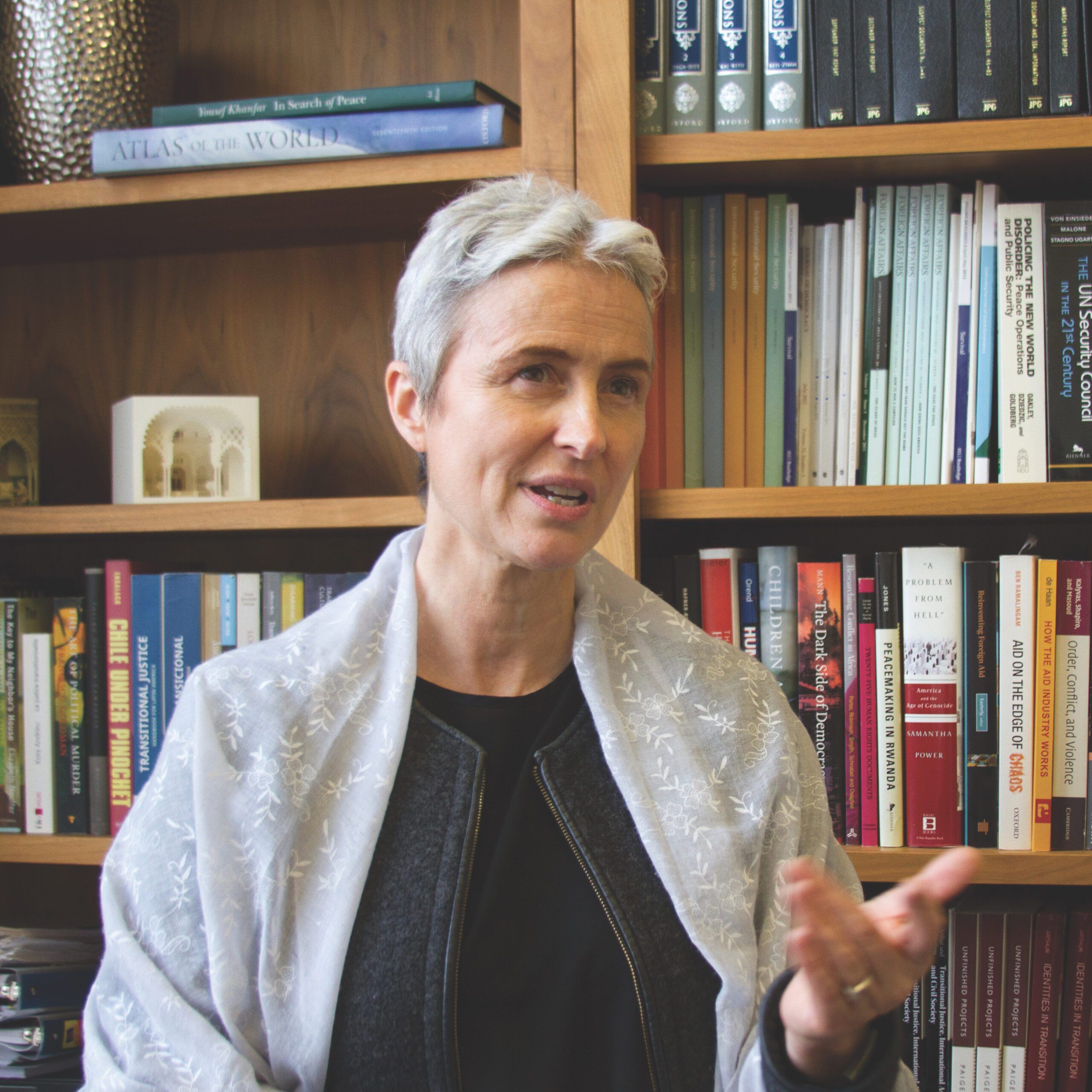Sarah F. Cliffe is a Distinguished Fellow at New York University’s Center on International Cooperation (CIC), where she served as the Executive Director from 2015 to 2024. Prior to joining CIC, she was the Special Representative for the World Bank’s World Development Report on Conflict, Security and Development and the Special Adviser and Assistant Secretary-General of Civilian Capacities to the United Nations (UN). Ms. Cliffe has worked for over thirty years in countries emerging from conflict and political transition, including Afghanistan, Burundi, the Central African Republic, Colombia, the Democratic Republic of the Congo (DRC), Guinea Bissau, Ethiopia, Haiti, Indonesia, Liberia, Mali, Rwanda, South Sudan, South Africa, Somalia, and Timor-Leste. At the World Bank, her work covered post-conflict reconstruction, community-driven development, and civil service reform. She was the chief of mission for the Bank’s program in Timor-Leste from 1999 to 2002; led the Bank’s Fragile and Conflict-Affected Countries Group from 2002-2007; and was the Director of Strategy and Operations for the East Asia and Pacific Region from 2007-2009. Ms. Cliffe also worked for the UN Development Programme (UNDP) in Rwanda, the Government of South Africa, and the Congress of South African Trade Unions, as well as for a major management consultancy company in the United Kingdom on public sector reform issues. Ms. Cliffe has a bachelor’s degree in history from Cambridge University and a master’s degree in international relations and economic policy from Columbia University’s School of International and Public Affairs (SIPA).

Stay Connected
Subscribe to our newsletter and receive regular updates on our latest events, analysis, and resources.
"*" indicates required fields